Search
Search Results
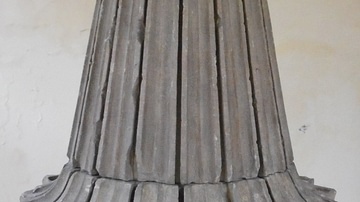
Image
Abacus of an Ashokan Pillar
Abacus of an Ashokan Pillar. Allahabad, Uttar Pradesh, India, 3rd century BCE.
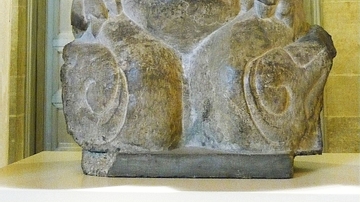
Image
Chinese Pillar Support in the Form of a Kneeling Demon
This pillar support comes from the Buddhist caves at Xiangtangshan, Hebei Province, China and is shaped like a kneeling demon. It is made of limestone and dates from the era of the Northern Qi Dynasty (550-557 CE). (Royal Ontario Museum...
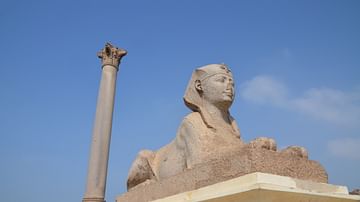
Image
Pompey's Pillar
Pompey's Pillar, constructed 298-302 CE, Alexandria, Egypt.
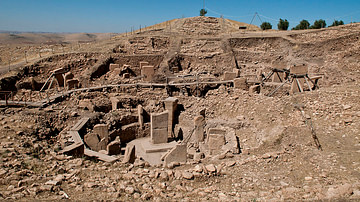
Article
Lost Civilisations of Anatolia: Göbekli Tepe
Göbekli Tepe is the world's oldest example of monumental architecture; a 'temple' built at the end of the last Ice Age, 12,000 years ago. It was discovered in 1995 CE when, just a short distance from the city of Şanliurfa in Southeast Turkey...
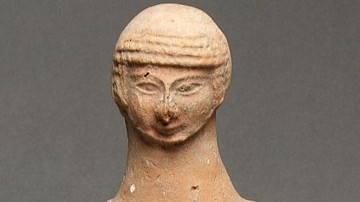
Definition
Asherah
Asherah is a Hebrew word for what was either a goddess or a cultic object or perhaps both. Although many see evidence for Asherah being an individual goddess known to the Israelites, some scholars believe that the context of the word primarily...
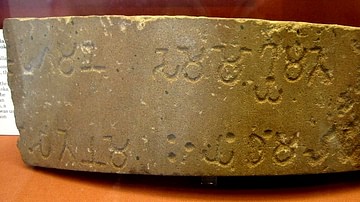
Image
Pillar of Ashoka Fragment
A 3rd century BCE Brahmi inscription incised on a fragment of one of the Ashokan Pillars. This piece is currently kept at the British Museum.
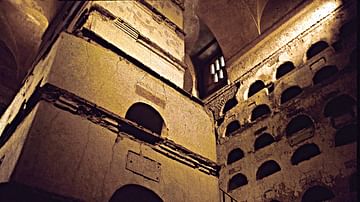
Image
Columbarium 1 at Vigna Codini: Loculi & Central Pillar
Columbarium, excavated in 1840 CE, on strip of land between Via Latina and Via Appia.
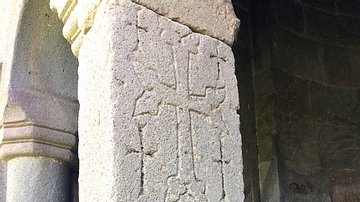
Image
Khachkar Used as Pillar at Zorats Church
Zorats Church is a church built on a hill overlooking the Yeghegis River in present-day Armenia. The church was built in the early 14th century CE and dedicated by Bishop Stepanos Tarsayitch who was a grandson of an Orbelian prince. Armenia...
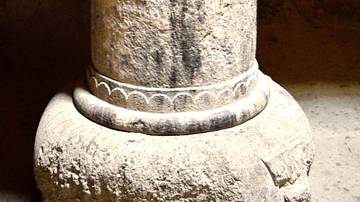
Image
Ancient Pillar at Geghard Monastery
Geghard Monastery in Armenia contains a number of churches, altars, and tombs, most of which are cut into rock. The monastery is widely considered the very peak of Armenian medieval architecture. It was founded at some point in the 4th century...

Video
The Celts: Blood, Iron and Sacrifice (Episode One)
This first episode in this BBC series examines the religious, political, economic and social lives of the Celts.